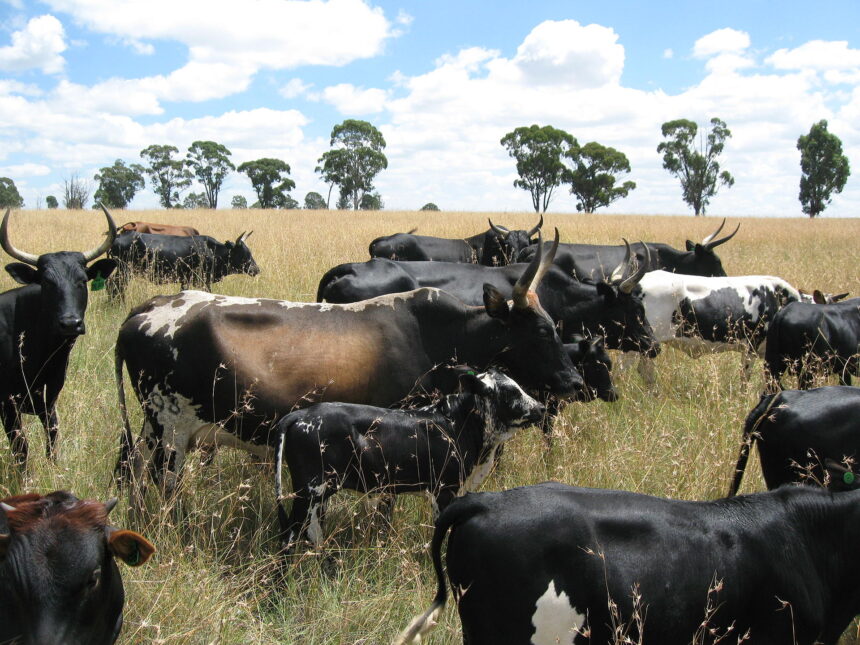Nguni cattle, known for their resilient nature and striking multicolored hides, hold a special place in South Africa’s agricultural heritage. These indigenous cattle have been bred by local communities for centuries, adapting to various environmental conditions and playing a vital role in the livelihoods of farmers across the country. If you’re considering breeding and farming Nguni cattle in South Africa, here are 10 essential things you should know:
- Heritage and Cultural Significance: Nguni cattle are deeply rooted in South Africa’s history and culture. They are revered for their beauty, resilience, and symbolic importance in traditional ceremonies and rituals among various indigenous communities.
- Adaptability: Nguni cattle are well-adapted to the diverse climates and landscapes of South Africa. They thrive in both tropical and temperate regions, displaying remarkable resilience to heat, drought, and disease.
- Genetic Diversity: Nguni cattle exhibit a wide range of coat colors, patterns, and horn shapes, reflecting their genetic diversity. This diversity contributes to the breed’s resilience and ability to adapt to different environmental conditions.
- Low Input Requirements: Nguni cattle are ideally suited to extensive farming systems, requiring minimal inputs and management. They are efficient grazers and browsers, capable of utilizing a variety of forage types and vegetation.
- Meat Quality: Nguni beef is prized for its exceptional flavor, tenderness, and nutritional quality. The meat is lean and well-marbled, with a distinct taste that reflects the animal’s natural diet and upbringing.
- Milk Production: While primarily raised for beef, Nguni cattle also produce milk of excellent quality. Nguni cows are capable of lactating for extended periods, providing nourishment for their calves and potential supplementary income for farmers.
- Breeding Programs: There are several breeding programs and initiatives in South Africa focused on the conservation and promotion of Nguni cattle. These programs aim to preserve the breed’s genetic diversity, improve production traits, and support the livelihoods of smallholder farmers.
- Market Demand: There is a growing market demand for Nguni cattle, both for their beef and as breeding stock. Nguni beef is sought after by consumers who value locally sourced, ethically raised meat, while Nguni breeding stock is in demand for establishing new herds or improving existing ones.
- Conservation Efforts: Efforts to conserve and promote Nguni cattle are ongoing in South Africa, driven by concerns about genetic erosion and the loss of indigenous livestock breeds. Organizations and associations dedicated to Nguni cattle work to raise awareness, support breeding programs, and facilitate market access for farmers.
- Cultural Heritage: Breeding and farming Nguni cattle not only contribute to agricultural sustainability and economic development but also help preserve South Africa’s rich cultural heritage. Nguni cattle are a symbol of resilience, tradition, and connection to the land, embodying the spirit of the country’s diverse indigenous communities.
Breeding and farming Nguni cattle in South Africa offer numerous benefits, from their adaptability and low input requirements to their cultural significance and market value. By understanding these 10 essential aspects of Nguni cattle farming, farmers can make informed decisions and contribute to the preservation and sustainable management of this iconic breed for generations to come.
Join 'Farmers Mag' WhatsApp Channel
Get the latest Farming news and tips delivered straight to your WhatsApp
CLICK HERE TO JOIN






